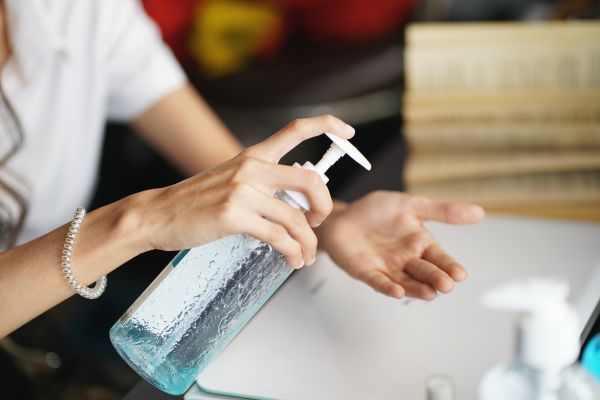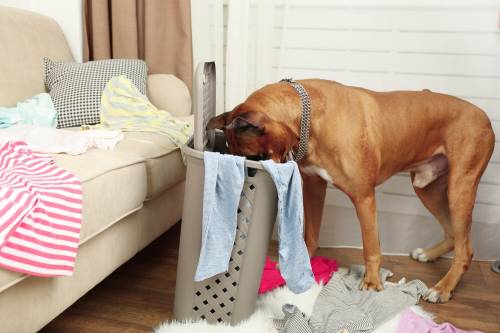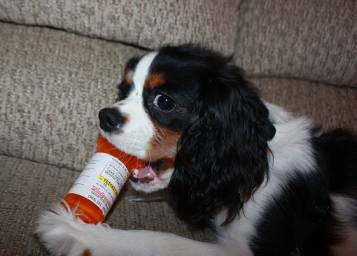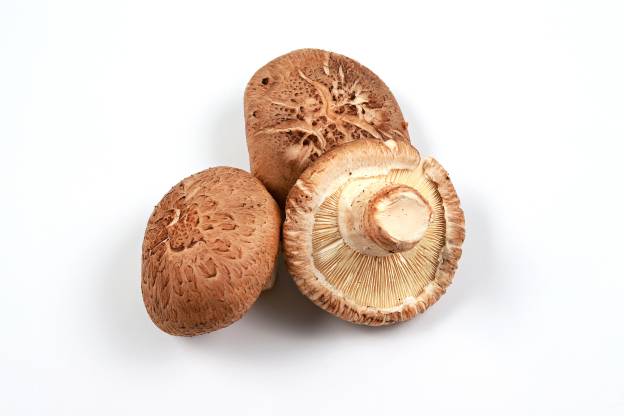Antibacterial soap has become popular in recent years, and it’s pretty effective at killing bacteria. Many people use this kind of soap in their homes, especially if they have pets, such as dogs. But what happens if a dog eats antibacterial soap?
Connect with a verified veterinarian in minutes. Licensed vets are available 24/7 to answer your questions. No need to worry about your furry family member.
Has your dog eaten antibacterial soap? Are you worried that the antibacterial soap will make your dog sick? If so, you’ve come to the right place. We understand it can be scary when your dog eats something like this.
We’ve gathered information about antibacterial soap and whether it can make a dog sick. Let’s get started!

What is Antibacterial Soap?
Antibacterial soap is a soap that contains chemicals that work to kill bacteria. Most of these soaps are liquid and contain triclosan, though other chemicals may also be used. Other chemicals used in antibacterial soaps may also include triclocarban, benzalkonium chloride, benzethonium chloride, and chloroxylenol.
Some of these chemicals were banned by the FDA in 2016; however, some are still found in antibacterial soap.
While antibacterial soap may/may not be beneficial for humans, what about dogs? What happens if a dog eats antibacterial soap?
Antibacterial Soap & Dogs
Unfortunately, the chemicals used in antibacterial soap can be harmful to dogs. The problem is that the ingredients in the soap can cause colonic inflammation, colitis, and other issues of the colon.

Review symptoms, medications & behavior to keep your pets healthy with a Vet Online in just minutes.
Ask a Vet Live NowSymptoms of Antibacterial Soap Ingestion in Dogs
You may notice these symptoms if your dog has eaten antibacterial soap:
- Excessive drooling
- Diarrhea
- Vomiting
- Nausea
- Pawing at the face
- Licking (more than usual)
- Pain when going potty
- Feces contain fresh blood and/or mucus
- Constipation
- Lack of appetite
- Increased gassiness
- Lethargy
If you notice any of these symptoms in your dog, call the vet immediately. This is an emergency.
Treatment of Antibiotic Soap Ingestion in Dogs
The vet may treat your dog with anti-inflammatory probiotics to improve gut health, antimicrobial drugs to treat infection, and anti-inflammatories to reduce inflammation and gut pain.
Your fur baby may also need to be on a fasting diet for 24 to 48 hours. This allows the entire digestive tract to rest. Or the vet may prescribe a bland diet (such as boiled chicken & rice) for a few days. Again, this diet is to help the digestive system heal before your dog’s regular diet is re-introduced.
The prognosis is best for dogs that receive prompt medical treatment after eating antibiotic soap. In the future, it’s best to keep antibiotic soap and other household chemicals out of your dog’s reach. You’ll both be happier for it!
Connect with a verified veterinarian in minutes. Licensed vets are available 24/7 to answer your questions. No need to worry about your furry family member.

Julie
Julie is a graduate of the University of North Carolina, Wilmington, where she studied Animal science. Though contrary to the opinion of her parents she was meant to study pharmacy, but she was in love with animals especially cats. Julie currently works in an animal research institute (NGO) in California and loves spending quality time with her little cat. She has the passion for making research about animals, how they survive, their way of life among others and publishes it. Julie is also happily married with two kids.
Review symptoms, medications & behavior to keep your pets healthy with a Vet Online in just minutes.
Ask a Vet Live Now




